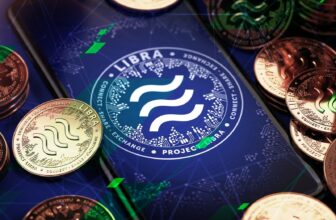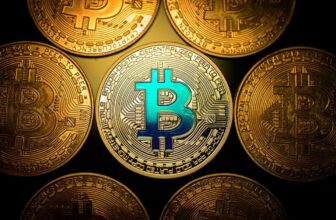
Cryptocurrency, oh my. It is, after all, the currency of the future. However, although cash paid through traditional banks frequently arrives in accounts immediately, a Bitcoin transaction can take a bit longer. A delayed cryptocurrency transmission can be highly frustrating for both the sender and the recipient for Bitcoin users. It is especially true when Bitcoin’s price is extremely unpredictable, as it has been so far in 2024. As a result, in this article, we look into and explain the primary reasons why your Bitcoin hasn’t arrived yet, as well as what you can do about it.
Table of Contents
1. Transaction Time in Actuality
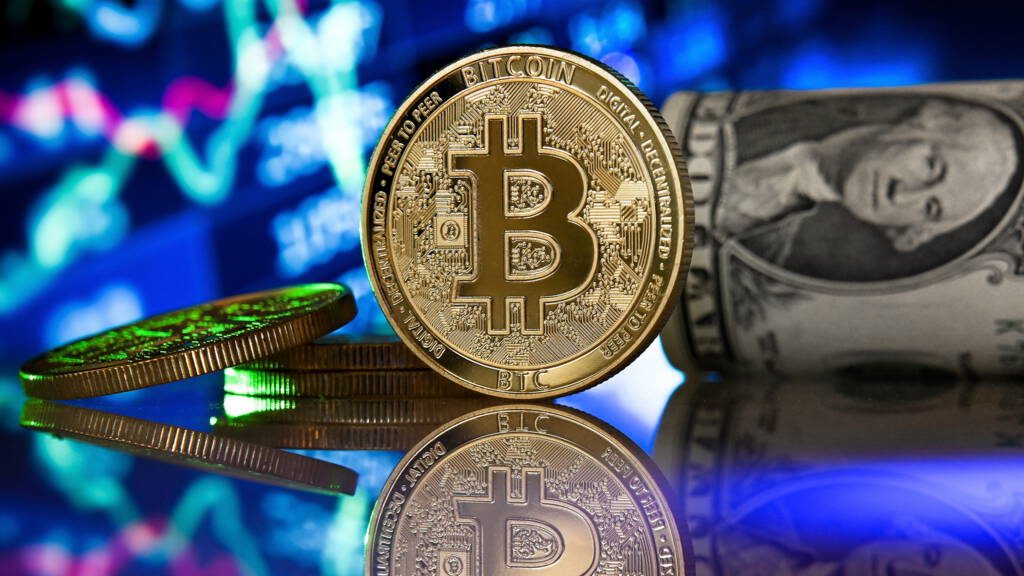
Source: nos.nl
The time it takes to complete a bitcoin transaction is usually around 1 hour (i.e., when the transaction is being entered in the very following block). When a bitcoin transaction has at least 6 confirmations, it is considered successful. Miners require 10 minutes to mine a legitimate bitcoin block, which is a significant amount of time.
It is only valid if the minor has prioritized the transaction and included it in the block. Otherwise, the transactions in the mempool will continue to be delayed and unconfirmed. On the off chance that your bitcoin exchange is added into the blockchain and mined, you will get the first confirmation in some time, followed by five confirmations in the next 50 minutes.
2. The Volume Of The Transaction
A huge transaction can take up a lot of space because a block in the Bitcoin network can only store data up to 1MB in size. As a result, miners will have a more difficult time validating larger transactions. As a result, miners are more likely to choose smaller transactions that are easier to verify.
The transaction cost is usually dynamically adjusted by most exchanges and wallets in response to network congestion. It means that depending on the current network load and transaction size, the wallet service or exchange will determine the appropriate transaction cost. The charge can, however, be manually modified. Many wallet services give users the ability to customize their wallets.
Visit this site to learn about affiliate marketing in cryptocurrency.
3. Network Load
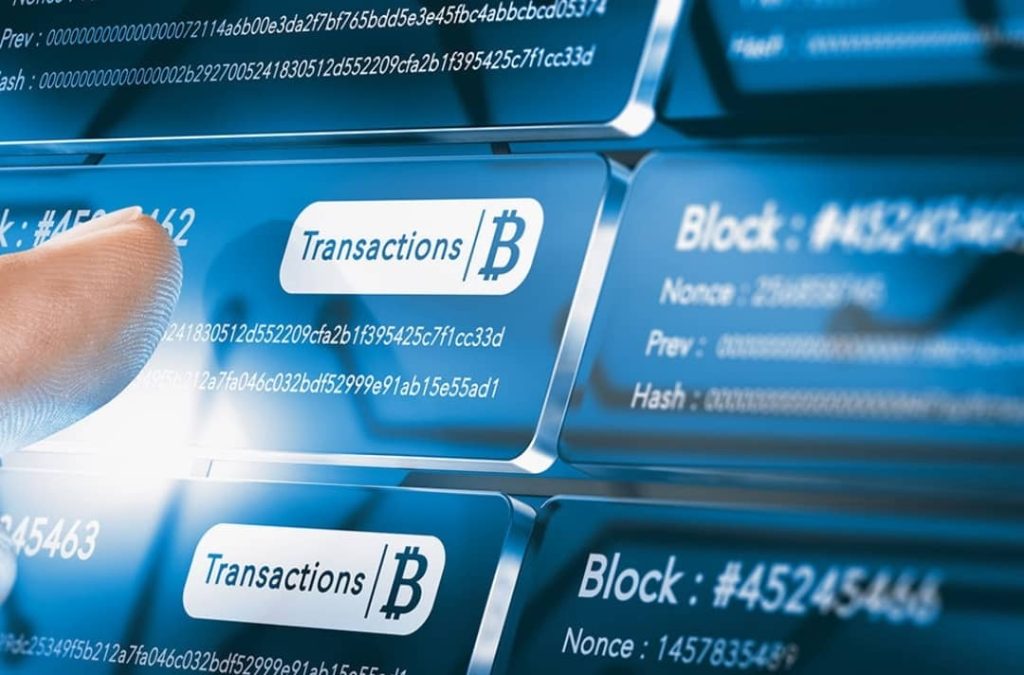
Source: europeanbusinessreview.com
The bitcoin transactions that are transmitted are grouped together in a large queue known as mempool (also known as memory pool) until they are confirmed by the miners (who validate new transactions and record them on the blockchain). When the transaction activity spikes dramatically, the mempool might get congested as transactions queue up to be included in the next block.
The network must authorize a bitcoin transaction before it can be completed successfully. Until a miner confirms the transaction, it is termed unconfirmed. Every ten minutes or so, a new block is mined. In other words, bitcoin transactions are not instantaneous. It takes longer to process a transaction when there are more transactions in the network to process.
4. Low Transaction Fees
Because the mining process requires a lot of time and work, bitcoin transactions are subject to additional fees. Miners use the price obtained for confirmation to prioritize the transactions. If you are willing to pay a higher cost, miners can complete your transaction in a shorter amount of time.
Even though transaction fees encourage miners to process transactions faster, they are not required. The user that creates the block of transaction data to be mined often sets the transaction fees. As traffic falls and flows, these fees and their associated conditional delay durations alter.
5. Spam or Dusting Attacks
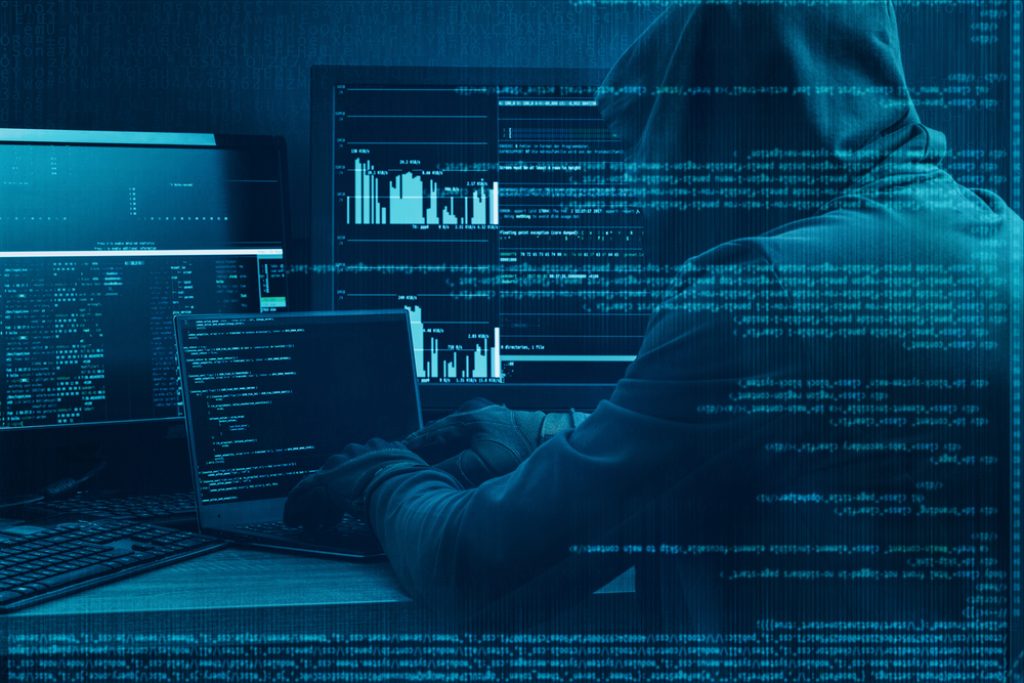
Source: medium.com
Well-known digital currency blockchains like Bitcoin and Litecoin have been exposed to spam and dusting attacks. In a spam attack, a troublemaker will persistently send heaps of moment exchanges with low charges starting with one location then onto the next to dial back the organization.
These are known as spam TX’s and are now and then used by contending projects to drive clients away. Dusting attacks include programmers sending a negligible amount of digital money, frequently worth the portion of a penny, to a considerable number of public addresses. Through this, they wish to gather information about individuals worldwide and then utilize it later in phishing attacks.
6. Stuck in a Mempool
If you quote a very low transaction price, your Bitcoin transaction request can get stuck in a Memory Pool or Mempool. It is because the miner will see no benefit in processing your transaction first, considering there are higher paying transaction requests pending. As a result, they may delay solving your transaction block and keep your request stuck in mempool.
Remember that different cryptocurrencies have varying transaction speeds. For instance, Bitcoin can deal with 7 exchanges each second (TPS) and require an hour or longer to validate the transaction request, while Ripple (XRP) and Stellar (XRP) have a >1000 TPS and confirmation speed of under 5 seconds.
How Can Bitcoin Transactions Be Made Faster?
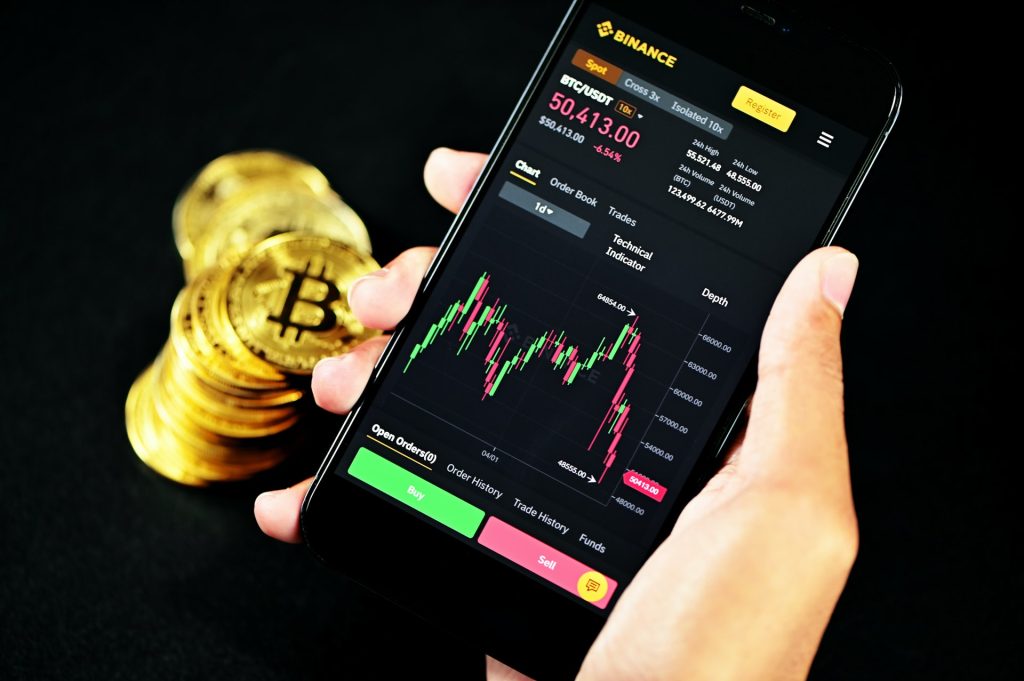
Source: unsplash.com
Some Bitcoin users have trouble sleeping because of the long confirmation period associated with a transaction or transfer. They are concerned that the technology may not be able to meet the rising demand in the following years.
Apart from paying a higher transaction fee to jump ahead of the line, another strategy to speed up your Bitcoin transaction is to send it during off-peak hours to prevent congestion. The mempool size chart on the blockchain.com explorer displays during which hours individuals can have their requests approved the fastest.
By following the tips mentioned above and avoiding casual blunders, you can make your transaction period brief and have your transactions executed in no time.
Conclusion
Bitcoins are a digital currency that does not exist in the real world. It implies that the bitcoin value cannot be represented by a solid coin, a token, or a paper slip. Instead, it’s a virtual zone that’s made up of a series of blockchain-confirmed transactions. When a restricted number of miners can only confirm transactions, the transaction time will inevitably increase, making individuals wonder why their transactions are stuck.




